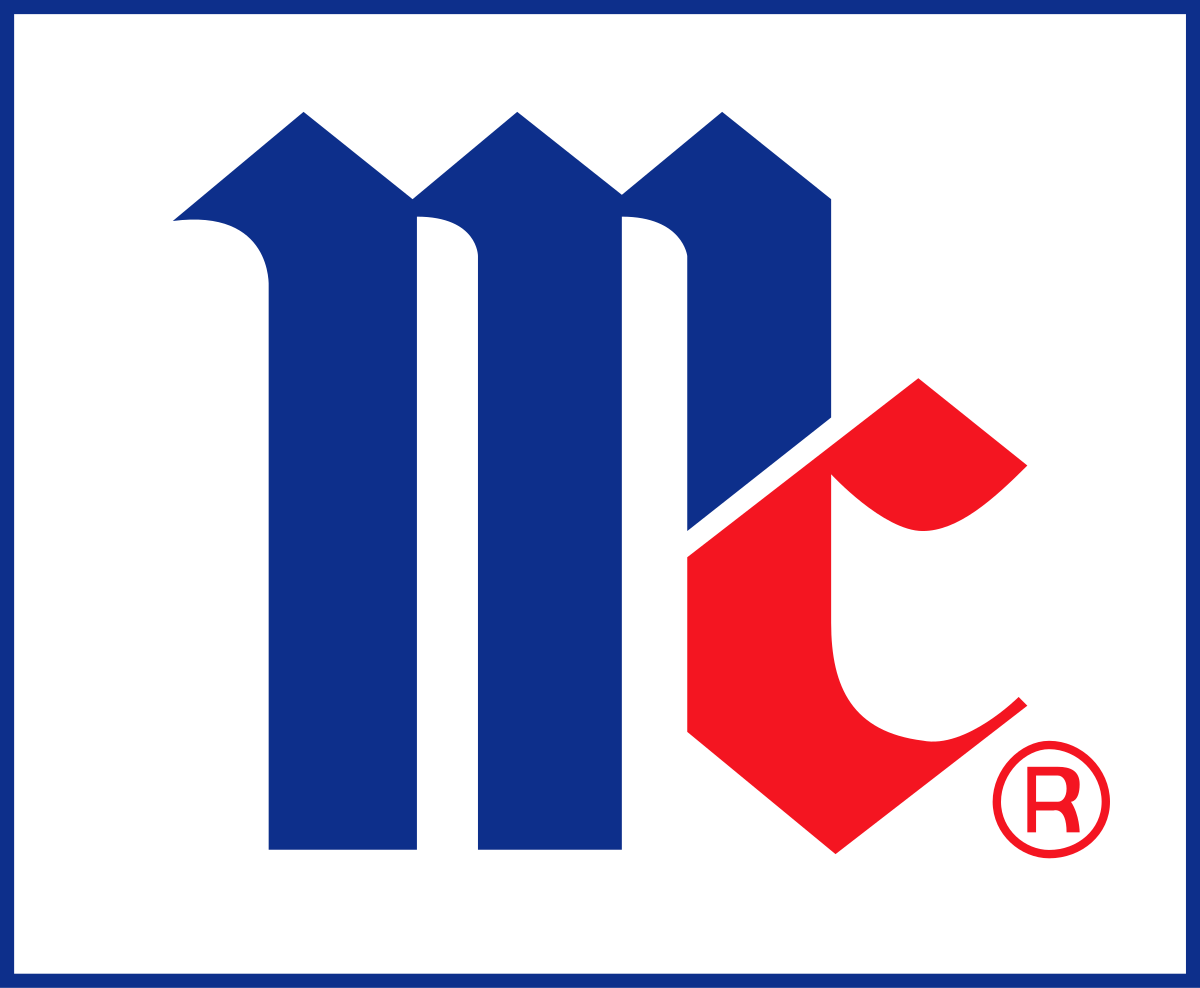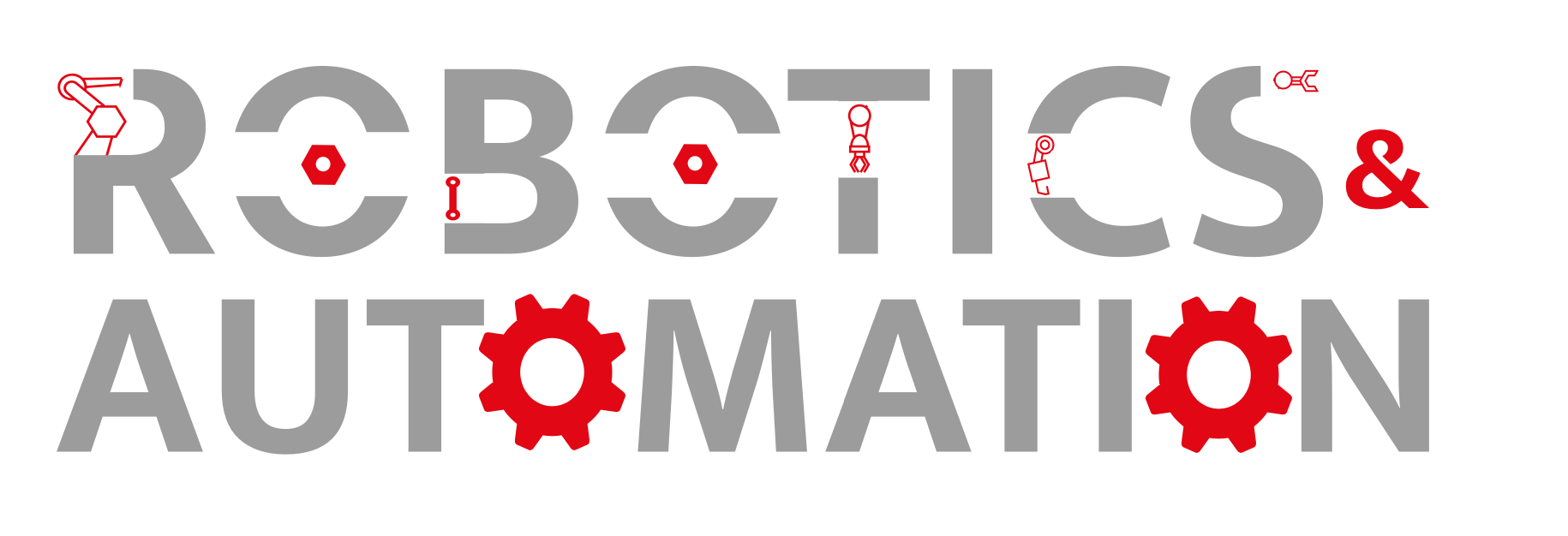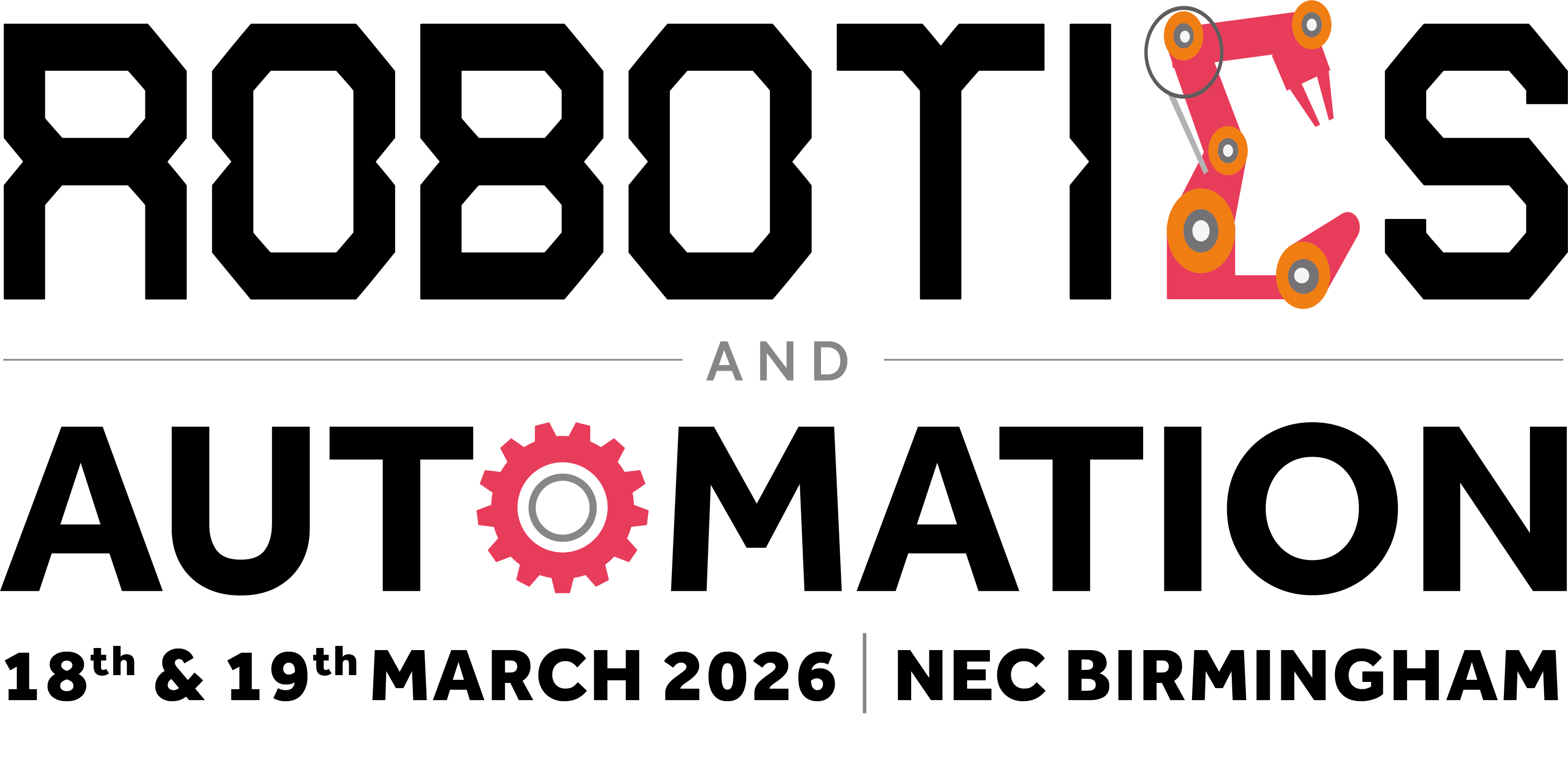Conference 2025
-
- ERP as a control centre: Discover how an ERP system centralises data, streamlines workflows, and enhances real-time decision-making.
- Breaking the bottlenecks: Learn how to identify and eliminate the biggest constraints in your manufacturing process
- Driving growth: See how manufacturers leveraging ERP improve efficiency, reduce waste, and position themselves for scalable growth.

-
- Understanding the Trust Deficit: Gain a clear understanding of why trust is crucial for the successful adoption of AI in automation and the factors that contribute to a lack of trust, including concerns about safety, bias, and job displacement.
- Building Blocks of Trust: Outlining the core components of building trust in AI-powered automation, such as transparency (understanding how AI systems work), explainability (being able to interpret AI decisions), accountability (establishing clear lines of responsibility), and rigorous risk assessment throughout the AI lifecycle, ensuring a holistic approach to trust.
- Building a Foundation for Trust: Gain the knowledge to navigate the complexities of responsible AI deployment. Explore key considerations for businesses, including ethical implications, data governance, and the importance of ongoing monitoring and evaluation of AI systems.
-
- Learn how to evaluate the best robotics or automation solutions for your facility with Softeon’s Robot Evaluation Framework.
- Avoid common pitfalls, integrate robotics with software, and identify the right solutions for your operation.
- Gain insights from Softeon's Patrick Maley on aligning key goals and metrics for success.

-
- Advancements in natural language processing and gesture recognition
- Ethical considerations with HRI
- Future trends in HRI

-
- Uncover the limitations of traditional WMS and the benefits of AI-driven optimisation.
- Explore how AI enhances real-time adaptability, task prioritisation, and resource allocation.
- Discover practical strategies for integrating AI and automation with existing WMS platforms.

-
- Uncover the limitations of traditional WMS and the benefits of AI-driven optimisation.
- Explore how AI enhances real-time adaptability, task prioritisation, and resource allocation.
- Discover practical strategies for integrating AI and automation with existing WMS platforms.

-
- Understanding parcel diversification trends and their impact on automated sorting processes in CEP operations.
- Learning about technologies that turn parcel diversification into a competitive advantage.
- Insights into E-Cross/Slim Line's innovative design for precise, versatile, and high-throughput parcel sorting.


-
- Automated storage and retrieval systems (ASRS)
- Integrated material handling systems for high-bay warehouses
- Rapidly process small parts orders with autonomous robots

-
- Main obstacles in cross-platform industrial HMI development
- Modern software development practices, that help companies to deliver unified UI solutions
- Design system for industrial HMI development


-
-
-
Robotics as a service is transforming automation by offering on-demand access to robotic systems, making it more flexible and scalable for businesses of all sizes.
-
Why are companies choosing to rent technology instead of buying it outright?
-
What role will RaaS play in businesses in the next five years



-
-
- Enhancing Efficiency and Productivity: How AI-driven automation and predictive maintenance reduces downtime and optimize production processes. We will discuss real-world examples of AI applications in manufacturing.
- Improving Quality Control and Precision: How AI technologies like computer vision and machine learning are used for real-time quality control and defect detection.
- Driving Innovation and Flexibility: How AI enables flexible and adaptive manufacturing processes, allowing for rapid prototyping and customization. The role of AI in supply chain management and how it enhances decision-making and responsiveness to market changes.

-
- Automation in manufacturing at UK level
- Automation in manufacturing world wide
- Future needs for automation

-
- The warehousing sector is rapidly expanding due to increasing consumer demands, a rise in e-commerce, and the need for immediate access to goods.
- Warehouses are adopting robotics and automation technologies to improve efficiency, safety, stock management, and address labour shortages.
- These technologies reduce human intervention, optimise space usage, and enable continuous operations, enhancing productivity and adaptability in warehouse management.

-
- Decomposing large and complex processes into functional clusters
- Effective automation lifecycle management
- Scalability and compliance

-
- Highlighting Made Smarter’s efforts to help SME manufacturers adopt Industrial Additive Manufacturing.
- Showcasing case studies of previous projects to demonstrate the program's successes.
- Discussing the positive impact of these initiatives on SME businesses.

-
- Typical issues facing SME manufacturers and their potential solutions
- Tangible benefits of automation and decarbonisation
- Where to start and what help is available

-
-
Trusted End-to-End Logistics Solutions – Mecalux as the provider of cutting-edge automation and software for industry leaders like Unilever, PepsiCo, and IKEA, ensuring effective and sustainable supply chain management.
-
Advanced AI-Driven Technology – Our solutions, including WMS, WCS, DOM, AS/RSs, and smart robots, create an AI-enhanced supply chain ecosystem for seamless operations.
-
Innovation Through Collaboration – Partnering with MIT, we develop AI-based solutions to address key logistics challenges and drive industry advancements.

-
-
- Small and Medium-sized Enterprises (SMEs) are the backbone of the economy but struggle to fully leverage automation despite its availability.
- This session will examine the key obstacles preventing SMEs from adopting automation.
- Innovative solutions will be explored to support SMEs in transitioning to automation successfully.





)
)